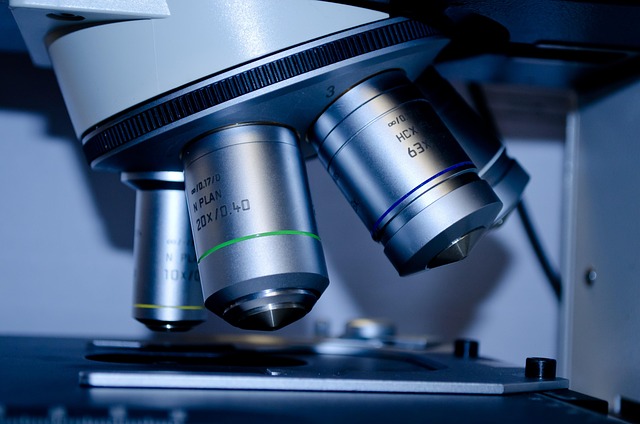In an age where environmental crises loom large, the integration of biotechnology into recycling processes promises a transformative approach to waste management. As we strive for sustainable development, the intersection of green technologies and biological innovation presents an unprecedented opportunity to mitigate our ecological footprint.
Biotechnology, often seen as a complex and specialized field, is making remarkable strides in the recycling sector. By utilizing living organisms, such as bacteria and enzymes, we can break down materials that have long been considered irretrievable. Traditional recycling systems struggle with certain plastics, but biotechnological advancements are paving the way for solutions that can decomposite these stubborn materials into non-toxic components. This not only enhances the efficiency of recycling processes but also helps in creating a circular economy where waste is continuously repurposed.
One of the most exciting developments in biotechnology is the creation of bioengineered enzymes specifically designed to digest plastics. These enzymes can potentially reduce the time it takes for materials to degrade from centuries to mere days. By harnessing these biological tools, we are not only improving recycling rates but also reducing greenhouse gas emissions associated with the breakdown of materials in landfills, inching closer to our goal of a carbon-neutral future.
Moreover, these innovations go hand-in-hand with the principles of sustainable development. Each step we take towards harnessing biotechnology in recycling is a step towards a more resilient ecosystem. By alleviating the burden on natural resources and minimizing waste, we contribute to a healthier planet for future generations. This is particularly crucial as the global population continues to grow, placing immense pressure on our environment.
Beyond plastic, biotechnology also has applications in recycling organic waste. Innovative bioconversion processes use microbes to convert food waste into biogas, creating renewable energy. This means that our food scraps don’t just disappear; they are transformed into energy that can power our homes and vehicles. This further emphasizes the importance of viewing waste not as a burden but as a resource, nurturing a mindset of sustainability.
As consumers become more conscious of their ecological footprint, they are drawn to businesses that prioritize green technologies. Companies that adopt biotechnological practices in their recycling processes can differentiate themselves in the marketplace, appealing to environmentally-aware consumers eager to support sustainability. In this way, biotechnology in recycling not only addresses environmental challenges but also aligns with the evolving values of customers.
However, the shift towards a biotechnology-led recycling industry requires collaboration between governments, businesses, and scientists. Supportive policies and investment in research are essential to scale these technologies and familiarize society with their benefits. Education and awareness campaigns can empower individuals to embrace recycling efforts, facilitating a collective movement towards a greener world.
In conclusion, embracing biotechnology in recycling is a vital step towards reducing our ecological footprint and achieving a carbon-neutral future. The potential of biotechnological innovations heralds a new era where recycling practices align with ecological sustainability. By harnessing the power of living organisms, we are not only transforming how we handle waste but also nurturing a legacy of care for our planet.




